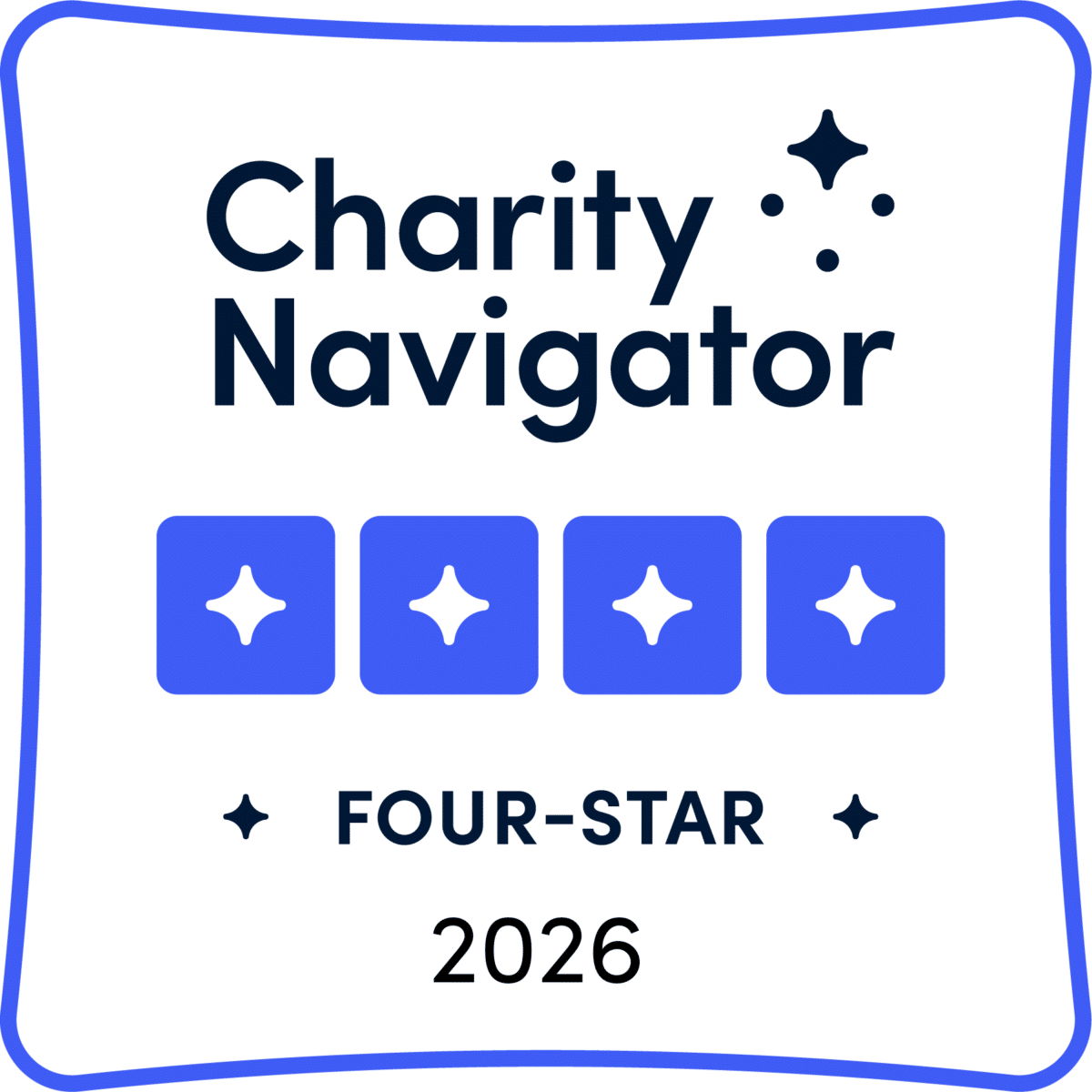Hawai’i Enacts New Laws that Provide Retroactive Relief for Those Criminalized During the War on Drugs
On June 21st, Governor Green signed House Bill 1595 (HB 1595) into law. The bill will create a pilot for the creation of a state-initiated expungement process for individuals with non-conviction records for cannabis possession.
Over the past year, Last Prisoner Project (LPP), ACLU of Hawai’i and the Hawai'i Innocence Project/Beyond Guilt Clinic have been working closely with Representative David Tarnas, Chair of the Hawai'i State House Committee on Judiciary and Hawaiian Affairs, to figure out relief pathways for those criminalized during the War on Drugs.
Data shows that nearly 40,000 individuals in Hawai'i carry a criminal record for cannabis possession. Representative Tarnas introduced HB 1595 in order to address the numerous collateral consequences that individuals face for having a criminal record for cannabis possession. The bill has been amended since its introduction to reflect the preferred approach of the Department of the Attorney General but it will still serve as a blueprint for how Hawai’i can begin to provide retroactive relief to the thousands of individuals who continue to suffer the consequences of having a criminal record for cannabis possession, an offense that has been decriminalized since 2019. Hawai'i now becomes the 25th state to create a cannabis-specific expungement process.
“I believe our state has an obligation to ensure that individuals who continue to suffer the consequences of an outdated law have an opportunity to finally move on with their lives. HB 1595 is a pilot for a state-initiated expungement process for individuals who have a criminal record for cannabis possession. The pilot will allow us to learn how to best expand this state-initiated expungement process to ensure that every individual that has been impacted by a criminal record for cannabis possession is provided retroactive relief,” said Representative David Tarnas.
“In 2019, the Hawai’i legislature decriminalized the simple possession of cannabis. However, to this day, thousands of individuals in Hawai’i still carry a criminal record for cannabis possession. When an individual has a criminal record for cannabis, the collateral consequences linger for a lifetime without access to expungement. Criminal records restrict individuals from employment, housing, political participation, public assistance, education, and numerous other public services. These restrictions hinder the well-being and safety of entire communities, particularly communities of color who have been systematically targeted by law enforcement during cannabis prohibition. We are hopeful that HB 1595 will show how a state-initiated record clearance process can provide relief for residents who have been criminalized during the War on Drugs so that they can finally move on with their lives,” said Adrian Rocha, Policy Manager for LPP.
“All people, including those living with a criminal record, should have an equal opportunity to build successful and fulfilling lives. While we are proud of the work that went into passing HB 1595 into law we must continue to recommend and implement laws that expand eligibility for record clearance relief and modernize a state-initiated system of expungement. In doing so, we will create meaningful second chances and a more equitable and economically prosperous future for Hawai’i,” said Carrie Ann Shirota, Policy Director for the ACLU of Hawai’i.
“HB 1595 takes meaningful steps to help the thousands of people in Hawai’i who continue to suffer from having criminal records that are eligible to be expunged now. The burden of seeking an expungement and sealing of qualifying criminal records should not be on the individual to navigate the confusing process of not only having to know that their prior arrest or conviction is eligible for expungement and then know how to petition the state to correct and expunge their records. HB 1595 removes these barriers for relief by having the state and not the individual identify and expunge qualifying records. This is an important first step in revamping our system so that no one has to suffer the negative implications of having a criminal record when they already qualify for removal of these records,” said Jennifer Brown, Associate Director for the Hawai'i Innocence Project/Beyond Guilt Clinic.
We look forward to continuing to work with Governor Green and legislators in Hawai’i to create
systems that can provide retroactive relief for the tens of thousands of individuals who have been criminalized during prohibition.
About Last Prisoner Project
The Last Prisoner Project, 501(c)(3), is a national nonpartisan, nonprofit organization focused on the intersection of cannabis and criminal justice reform. Through policy campaigns, direct intervention, and advocacy, LPP’s team of policy experts works to redress the past and continuing harms of unjust cannabis laws. We are committed to offering our technical expertise to ensure a successful and justice-informed pathway to cannabis legalization in Hawai'i.






